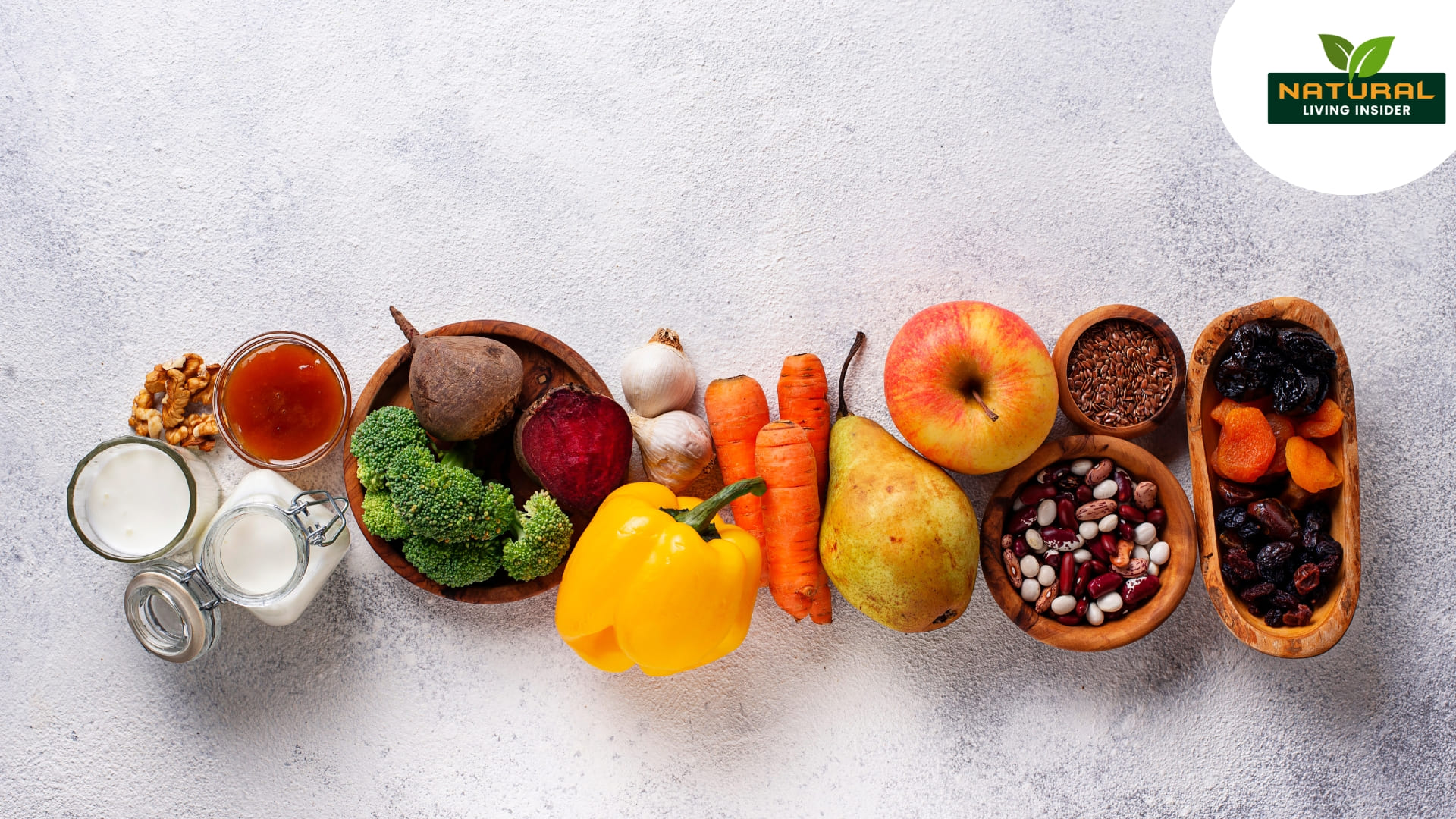
When it comes to eating well, we often trust the label. Words like “healthy,” “low-fat,” “high-fiber,” or “plant-based” give the impression that we're doing our bodies a favor. But what if some of these seemingly nutritious foods are actually doing more harm than good—especially to our gut?
Your gut is home to trillions of bacteria, many of which are essential for digestion, immunity, and even mood regulation. The foods you eat play a critical role in shaping this microbial balance. While it's easy to focus on eating “healthy,” it's just as important to make sure those choices are actually beneficial for your digestive system.
Table of Contents
Gut-Harming Health Foods and Smarter Alternatives
-
Artificial Sweeteners: Sweet but Toxic
Many people reach for artificial sweeteners in an attempt to reduce sugar intake and control weight. Found in “sugar-free” yogurts, drinks, and snacks, sweeteners like aspartame, sucralose, and saccharin may seem like safe swaps. However, studies suggest they can disrupt the gut microbiome by reducing the diversity of good bacteria.
Try Instead:
Natural alternatives like raw honey, stevia, or monk fruit in moderation. Even better, train your taste buds to enjoy less sweetness over time.
-
Whole Grains: Not Always Gut-Friendly
Whole grains like wheat, barley, and rye are praised for their fiber content. However, they contain gluten and certain carbohydrates (called FODMAPs) that some people find difficult to digest. These can cause bloating, gas, and discomfort, especially in individuals with irritable bowel syndrome (IBS) or gluten sensitivity.
Try Instead:
Quinoa, buckwheat, and oats (gluten-free) offer gut-friendly fiber without the irritating compounds.
-
Plant-Based Meats: Highly Processed Pitfalls
While plant-based meats are a great option for reducing animal product consumption, many are highly processed and filled with additives, preservatives, and artificial flavors. These ingredients can interfere with gut health and may increase inflammation.
Try Instead:
Whole plant proteins like lentils, beans, tofu, or tempeh. They’re rich in fiber and nutrients that support a healthy gut.
-
Zero Fat Foods: Missing the Good Stuff
Fat-free or low-fat foods often contain added sugar, salt, or starches to make up for the lost flavor. These can spike blood sugar and irritate your gut lining over time.
Try Instead:
Enjoy healthy fats from avocados, nuts, seeds, and olive oil. They promote gut lining integrity and support nutrient absorption.
-
Flavored Yogurts: Hidden Sugars and Additives
Yogurt is a popular probiotic food, but many flavored versions contain high amounts of added sugar and artificial flavorings that cancel out the benefits of live cultures.
Try Instead:
Choose plain, unsweetened Greek yogurt or coconut yogurt with live cultures. Add fresh fruits or a drizzle of honey for natural sweetness.
-
Fruit Juices and Smoothies: Sugar Overload
Although they’re often packed with vitamins, juices and smoothies can flood your system with fructose (natural sugar) and lack the fiber that helps slow digestion and support healthy gut bacteria.
Try Instead:
Eat whole fruits with the skin on (where possible) for added fiber and prebiotics. If juicing, mix in vegetables like celery or cucumber and limit the fruit content.
-
Granola and Protein Bars: Health Halo Hazards
Packaged as “healthy snacks,” many granola or protein bars are filled with sugars, artificial ingredients, and inflammatory oils. While convenient, they often do more harm than good.
Try Instead:
Make your own bars using rolled oats, nuts, seeds, and dried fruits. Or snack on a handful of almonds or a boiled egg for natural energy.
Tips for Choosing Gut-Friendly Foods
- Read the labels – Watch for added sugars, artificial ingredients, and preservatives.
- Prioritize whole foods – Less processing generally means better for your gut.
- Incorporate fermented foods – Such as kimchi, sauerkraut, miso, and kefir.
- Stay hydrated – Water supports digestion and helps good bacteria thrive.
- Eat a variety of plants – Diversity in your diet leads to diversity in your microbiome.
Final Thoughts
“Healthy” is not a one-size-fits-all label. What works for one person’s body may disrupt another’s—especially when it comes to gut health. By becoming more mindful of what’s in our food and how it affects digestion, we can make better choices that support overall nutrition and wellness.
Rethink your healthy choices—not just for your waistline or energy levels, but for your gut, too. Your microbiome will thank you.


